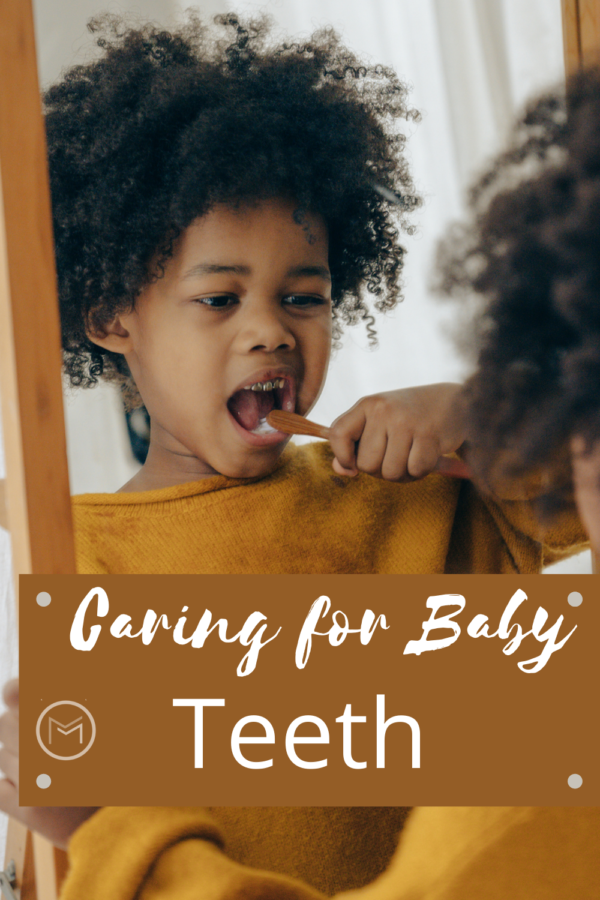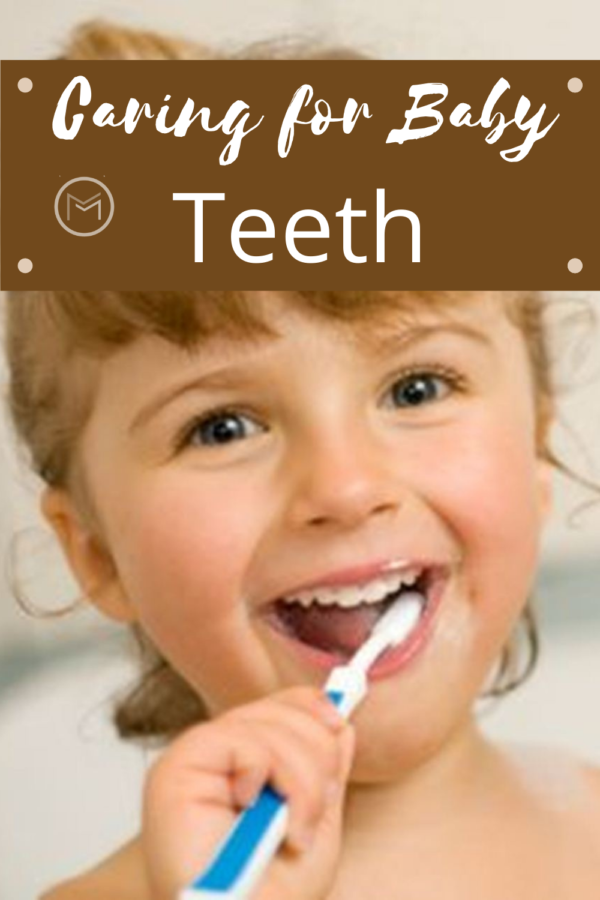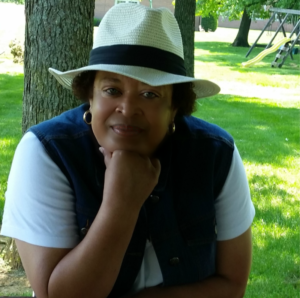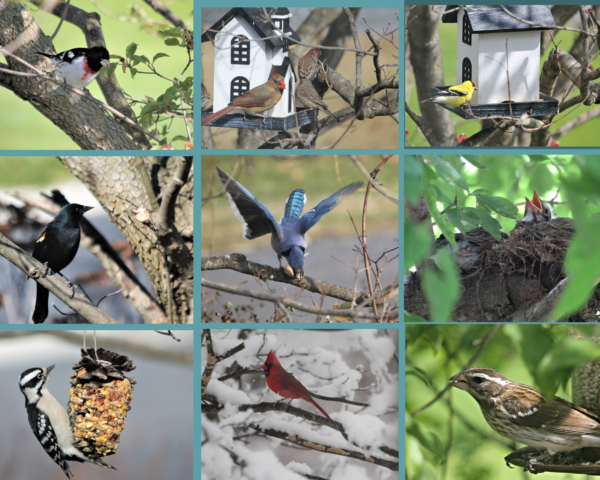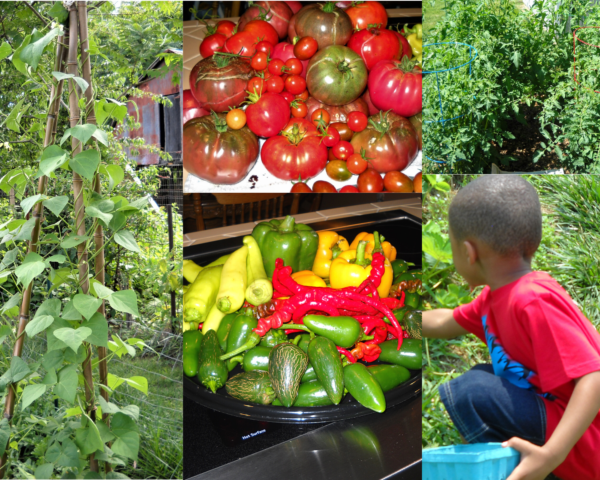From the time your little one cuts their first tooth, you are probably wondering when you should start brushing those sprouting white pearls. Today, we’re sharing parenting tips on good brushing techniques for toddlers. When your child’s first tooth comes in, start brushing with water and a soft kid’s toothbrush.
Once they turn 2 – 3 years of age, you can start using a non-fluoride tooth paste. As they continue growing, you can introduce a bigger drop that will cover all of their teeth. The habits you cultivate on your child’s first set of teeth are transferred to their permanent adult teeth. If you are planning on instilling healthy brushing habits in your child, these tips will come in handy.
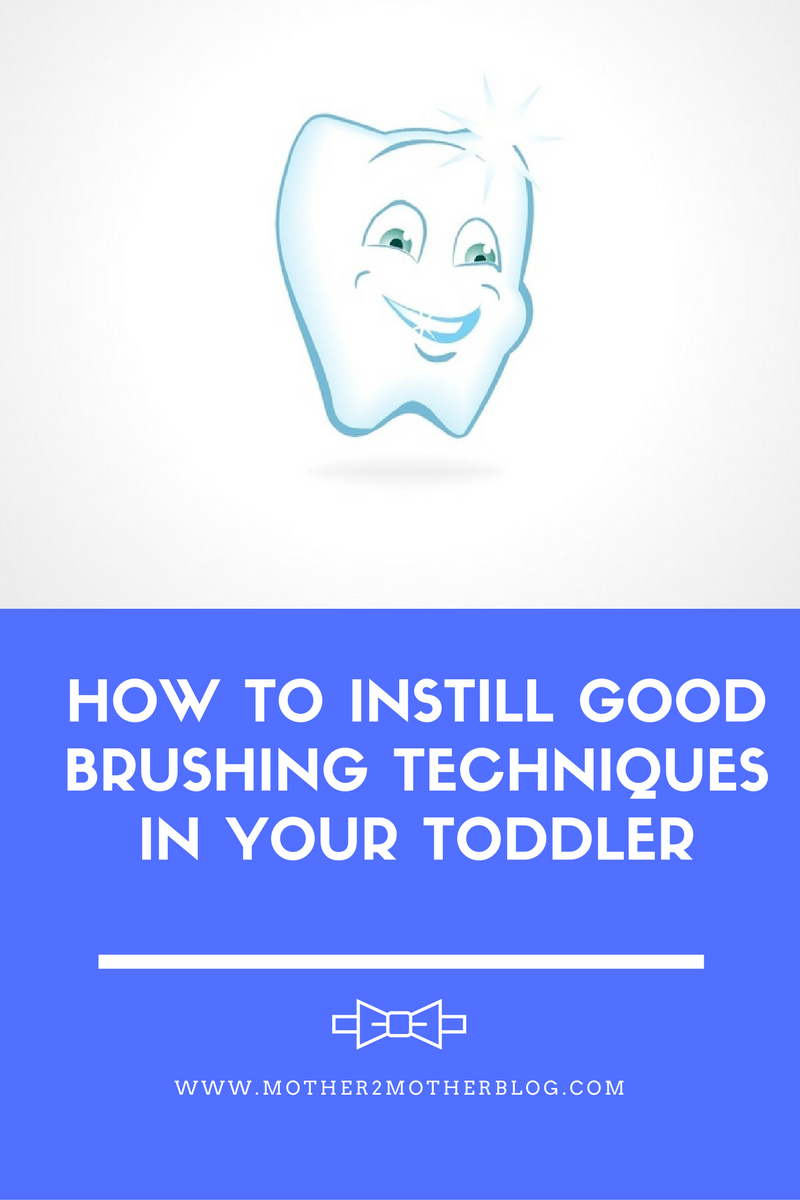
Begin Early
The earlier you introduce oral hygiene to your young ones, the better. Brushing becomes a habit, and there will be fewer struggles to get your child to practice dental hygiene. At first it may be difficult, but with time, you build the habit. Start building trust so your child understands it is a necessary activity.
Set an Example
Teaching good brushing techniques for toddlers includes visuals. Children who see their parents brushing will adapt quickly to the routine more quickly. Let your child see their own teeth in the mirror before and after brushing. This will help them understand the importance of brushing and what it does for their teeth.
Make it Enjoyable
Toddlers and adults don’t like being forced to do stuff. Make it fun for both of you. Purchase dental supplies tailored for your kids. Children’s toothbrushes are usually decorated with appealing themes such as cartoon characters and princesses. Allow your child to choose the toothbrushes and toothpaste with their favorite characters. This will increase their enthusiasm on brushing habits.
Be Creative
Make brushing time creative so your child will look forward to it. For instance, you can think of a song to sing while brushing. You can even create a particular dance you do before or after brushing. Create a story that is related to brushing.
Take Turns
An effective way of encouraging routine brushing is reversing the power dynamic by allowing your child to brush your teeth. Dentists encourage such positive feelings as they help kids become more comfortable with the idea of brushing. They take it like any other playful activity.
Your kids will probably have different opinions regarding brushing. Some may resist it while others may embrace the practice. Make brushing relatable to your children early on. Encouraging proper dental hygiene will ensure your kids have sparkling teeth that can last a lifetime.
Do you have a game or song that you sing when your children are brushing? How do you instill this habit in your children.
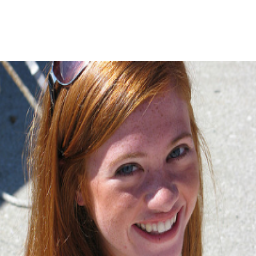
About the writer: Brooke Chaplan is a freelance writer and blogger. She lives and works out of her home in Los Lunas, New Mexico. She loves the outdoors and spends most her time hiking, biking and gardening. For more information contact Brooke via Twitter @BrookeChaplan.
